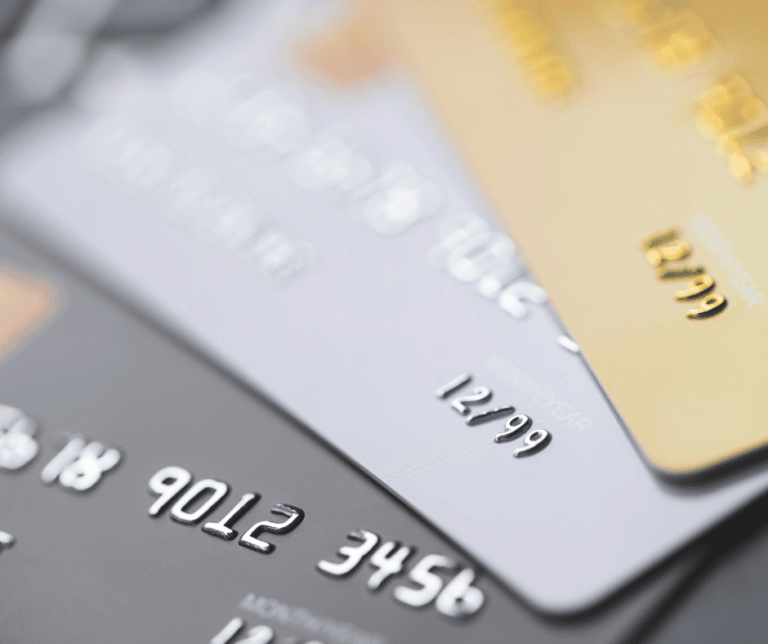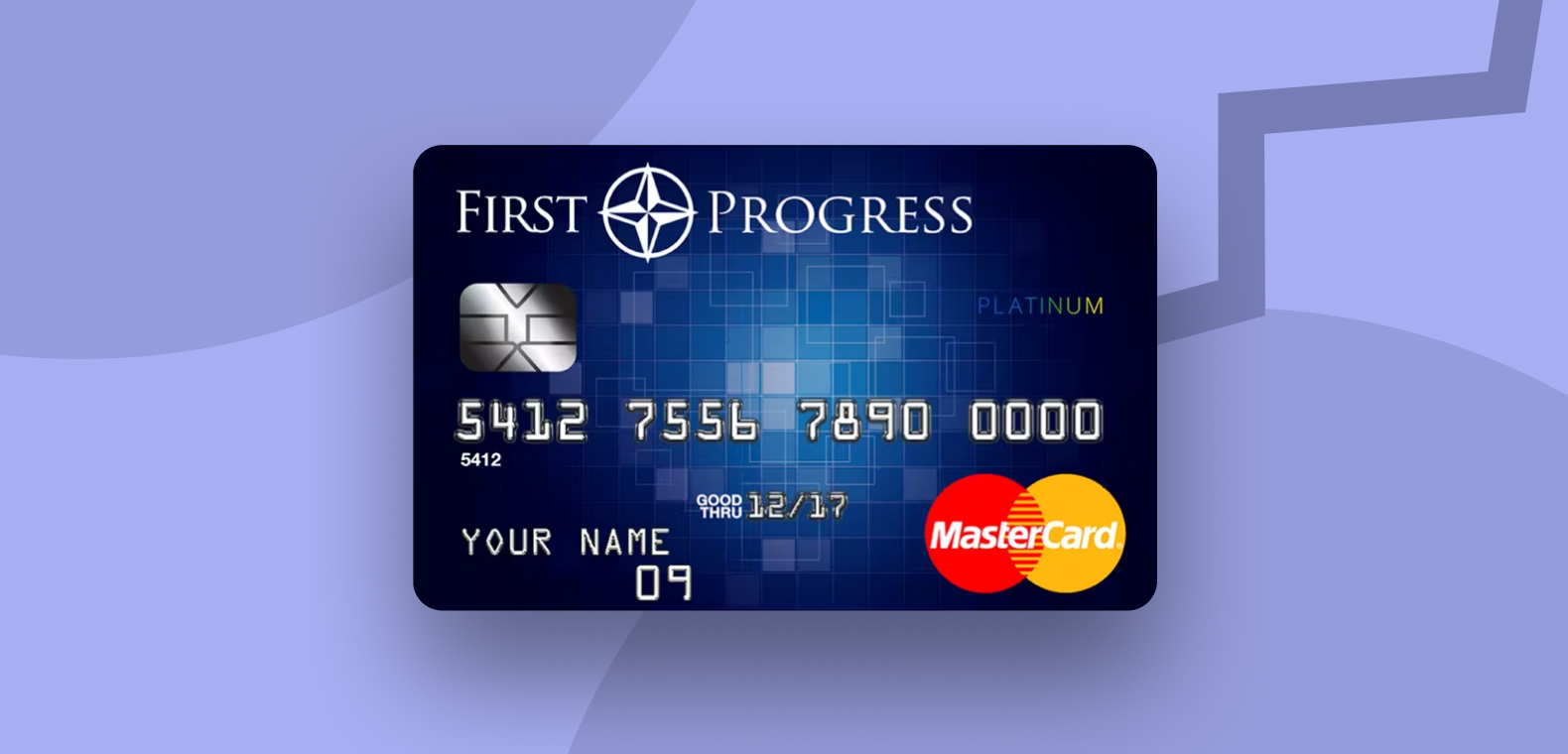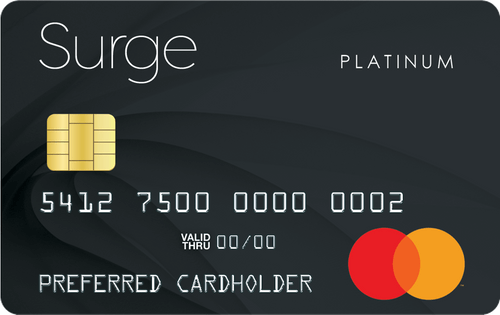Startup Business Credit Cards With No Credit Guaranteed Approval

The allure of instant access to capital is strong, especially for burgeoning businesses. A new wave of startup business credit cards promising guaranteed approval, regardless of credit history, is generating considerable buzz – and concern. Are these cards a lifeline for underserved entrepreneurs, or a financial trap waiting to ensnare the unwary?
These cards, often marketed aggressively online, circumvent traditional credit checks, appealing to startups with limited or no established credit. The core question is whether they offer a legitimate pathway to building credit and managing finances, or if their high fees and potentially predatory terms outweigh any perceived benefits. This article delves into the specifics of these "no credit check" startup business credit cards, examining their features, potential risks, and the broader implications for the small business ecosystem.
The Promise and the Reality
Startup business credit cards that advertise guaranteed approval typically operate on a different model than traditional credit cards. Instead of relying on a credit score, they may require a security deposit, which acts as collateral and often dictates the credit limit. Others might base approvals on the business's revenue or cash flow, using alternative data to assess risk.
However, the lack of a credit check often comes at a price. These cards typically feature higher annual percentage rates (APRs) than standard business credit cards, sometimes exceeding 25% or even 30%. They may also impose hefty annual fees, transaction fees, and other charges that can quickly erode a startup's limited capital.
"The promise of guaranteed approval can be very tempting for startups struggling to secure traditional financing," notes Sarah Chen, a financial advisor specializing in small businesses. "But it's crucial to understand the full cost of these cards before signing up. The high fees and interest rates can quickly create a debt trap."
How They Work: A Closer Look
The mechanics of these cards vary, but some common characteristics emerge. Secured business credit cards require a security deposit, usually equal to the credit limit. This deposit provides the issuer with a safety net if the business defaults on its payments.
Unsecured cards with no credit check might use alternative data, such as bank account information, sales data, or even social media activity, to assess creditworthiness. While this can be helpful for startups with limited credit history, the data analysis methods can be opaque and raise privacy concerns.
Some providers also offer cards with limited credit lines that increase over time, as the business demonstrates responsible payment behavior. This can be a useful tool for building credit, but it requires disciplined spending and timely payments.
Potential Risks and Downsides
Beyond the high fees and interest rates, these cards pose other potential risks. One significant concern is the potential for debt accumulation. Easy access to credit can lead to overspending, especially if the business lacks a solid financial plan.
Another risk is the impact on credit score building, or lack thereof. While some of these cards report to business credit bureaus, not all do. If the card doesn't report, it won't contribute to building the business's credit history.
Furthermore, some providers may engage in predatory lending practices, targeting vulnerable startups with deceptive marketing tactics and hidden fees. It’s important to read the fine print before applying.
Benefits and Use Cases
Despite the risks, "no credit check" startup business credit cards can be beneficial in certain situations. For startups with no established credit and an immediate need for financing, they can provide a crucial source of capital. They can also be used to establish a credit history, if the provider reports to business credit bureaus.
Careful and responsible use is paramount. This means only using the card for essential business expenses, paying the balance in full and on time, and closely monitoring spending. It is also vital to compare offers from multiple providers to find the most favorable terms.
David Lee, founder of a tech startup that used a secured business credit card to fund initial marketing efforts, cautions: "We knew the interest rates were high, but we treated it as a temporary solution. We paid off the balance as quickly as possible and used it to build our credit so we could qualify for a better card later on."
Alternatives to Consider
Before resorting to a "no credit check" business credit card, explore alternative financing options. Small business loans from traditional banks or credit unions may offer more favorable terms, although they typically require a solid credit history.
Microloans from non-profit organizations can provide smaller amounts of capital to startups with limited access to traditional financing. These loans often come with lower interest rates and flexible repayment terms.
Grants from government agencies or private foundations can provide non-repayable funding for specific business purposes. While grants are highly competitive, they can be a valuable source of capital for eligible startups.
The Regulatory Landscape
The rise of "no credit check" business credit cards has attracted the attention of regulators. The Consumer Financial Protection Bureau (CFPB) has issued warnings about predatory lending practices in the small business lending market, including the use of deceptive marketing tactics and hidden fees.
Some states have also enacted legislation to protect small businesses from unfair lending practices. These laws typically require lenders to disclose all fees and charges upfront and prohibit certain types of predatory lending tactics. Increased scrutiny and regulation may be on the horizon.
"Greater transparency and regulatory oversight are needed to protect small businesses from potentially harmful lending practices," says Elena Rodriguez, a policy analyst at the Small Business Advocacy Council. "Startups need access to capital, but they also need to be protected from predatory lenders."
Looking Ahead
The market for startup business credit cards is likely to continue to evolve. As technology advances, lenders may develop more sophisticated methods for assessing creditworthiness based on alternative data. This could lead to more affordable and accessible financing options for startups with limited credit history.
However, the risks associated with "no credit check" cards are unlikely to disappear entirely. Startups should continue to exercise caution and carefully evaluate all financing options before making a decision.
Ultimately, the key to success lies in building a strong financial foundation and developing a sound business plan. A solid credit history, responsible spending habits, and a clear understanding of financial management principles are essential for long-term success, regardless of the initial financing source.













:max_bytes(150000):strip_icc()/creditcardjacquesloicGettyImages-140359950-578ea7593df78c09e98149ae.jpg)



